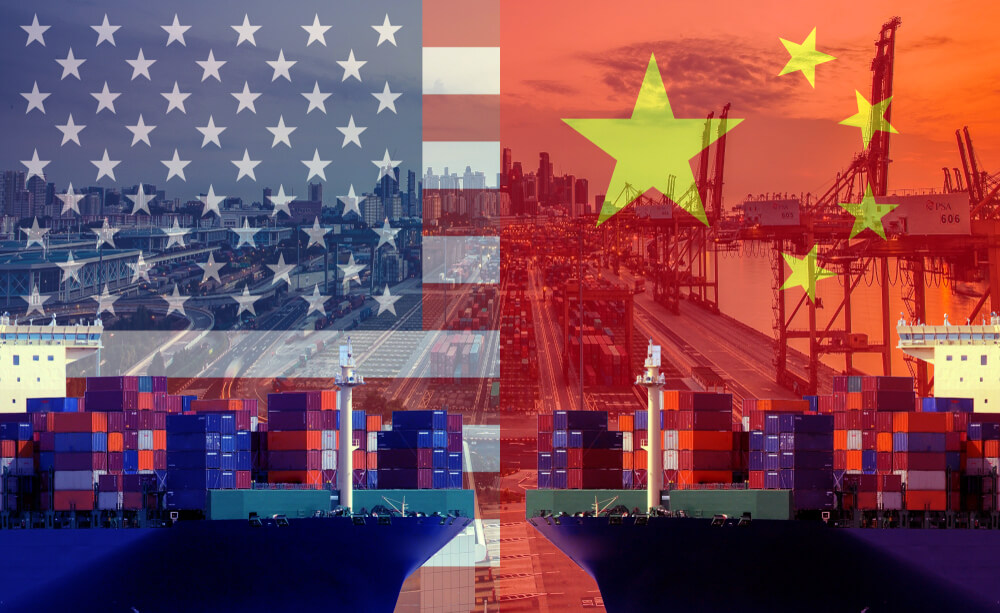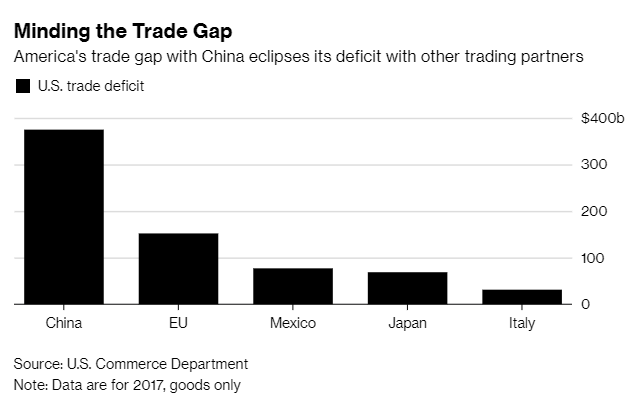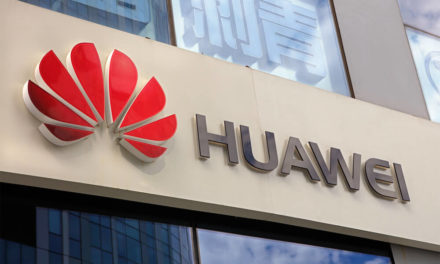The World Trade Organization has launched an investigation into U.S. President Donald Trump’s trade tactics regarding China, including the $250 billion in tariffs levied against Chinese goods, a move that is sure to ratchet up tensions as trade talks are set to begin again.
The WTO, based in Switzerland, is an arbiter of trade disputes around the world, and the inquiry will decide whether the tariffs break the requirement that all WTO members give each other the same treatment.
The investigation comes at a delicate time as negotiations between the U.S. and China will begin again on Wednesday as the two sides continue attempting to put an end to the trade war that has slowed the global economy.
If a deal isn’t reached by March 1, the Trump administration will raise tariffs on an additional $200 billion in Chinese goods from 10 percent to 25 percent.
Commerce Secretary Wilbur Ross said last week that China and the U.S. are “miles and miles apart” on a new agreement.
Per Bloomberg:
“This WTO case is especially significant because it deals with the central international legal issue in the U.S. conduct of its trade war with China,” James Bacchus, a former Democratic congressman and onetime head of the WTO’s appellate body, said in an email. “I believe these U.S. tariffs are inconsistent with WTO obligations, but it will be left to my successors on the WTO appellate body to decide.”
Existential Threat
The WTO is already facing an existential threat over a hold the U.S. has placed on new appellate judge nominations. Absent any reforms, the decision-making wing of the organization will have too few judges to rule on cases by the end of the year. This new investigation could further antagonize the U.S., which sees the WTO as overstepping its authority.
A U.S. envoy to the WTO called the inquiry “pointless” and “entirely hypocritical,” according to a copy of the remarks made at the meeting and seen by Bloomberg. “China is currently damaging the United States not only through its forced technology transfer practices but additionally by imposing discriminatory duties on over $100 billion in U.S. exports.”
China won’t be expecting a resolution to the investigation any time soon due to a backlog in the WTO dispute settlement system. So far, 23 disputes have been brought against the current U.S. administration, including an EU inquiry into tariffs levied against aluminum and steel imports.
“These trade tensions are not only a threat to the system, they are a threat to the entire international community,” Roberto Azevedo, the director-general of the WTO, said on a panel in Davos on Jan. 24. “The risks are very real and there will be economic impacts.”
Intellectual Property
The case cuts to the heart of the U.S.-China trade conflict because Trump says the tariffs are necessary to counter an alleged Chinese campaign to steal American intellectual property.
China’s dispute alleges the U.S. tariffs violate the WTO’s most favored nation provision because the measures fail to provide the same tariff treatment that the U.S. offers to imports of all other WTO members.
The U.S.’s “unilateral actions” infringe on China’s WTO rights and “flagrantly violate” the WTO’s fundamental principles, the Chinese delegation said on Monday, according to a prepared statement seen by Bloomberg.
The U.S. counters that the tariffs fall outside the WTO’s remit because they address trade issues that are not specifically covered under WTO rules.





